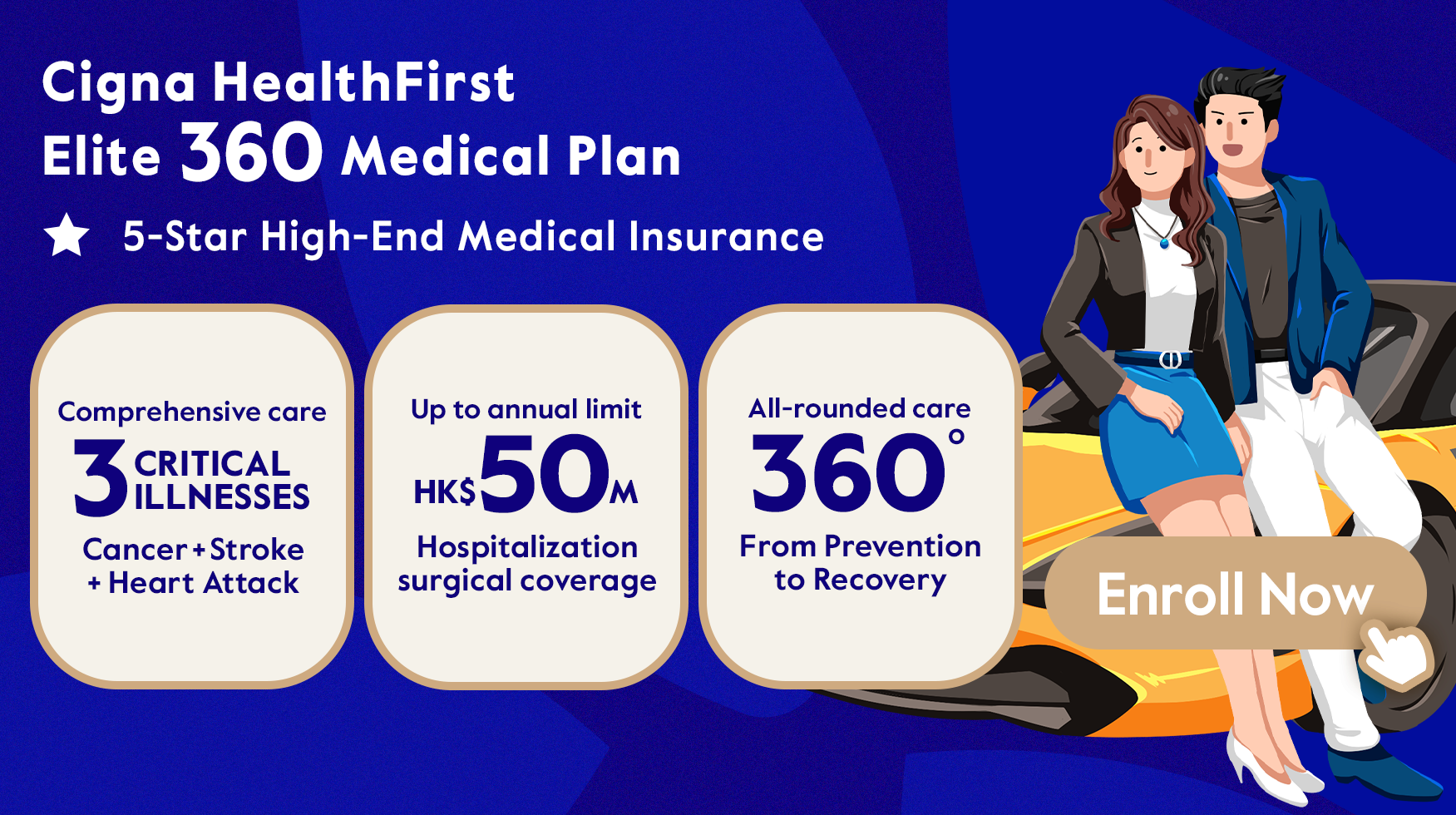According to the Department of Health, heart diseases have been the third leading cause of death in Hong Kong since 1960s. In 2017, an average of 10.6 persons died daily from coronary heart diseases alone.1 To make matters worse, the risk of heart attack would be further increased by climate change, a recent study says.
Researching findings
The German Research Center for Environmental Health looked at over 27,000 heart attack patients between 1987 and 2014. While very cold and very hot weather has long been a potential trigger for heart attacks, a significant increase was found in heat-induced heart attack risk in recent years.2
Another study examined over 274,000 patients in Sweden who suffered from heart attacks between 1998 and 2013. It was found that the occurrence of heart attacks increased with lower air temperature and higher wind velocity.3
Relationship between weather & heart attacks
Scientists involved in the study speculated that the narrowing of arteries in cold weather and increased blood circulation in hot weather both force the heart to work harder. Changes in diet or exercise routine in extreme weathers could also be the reasons.
Protect ourselves and our planet
We should always be mindful of weather changes to prevent extreme temperatures from being harmful to our heart and also, by intentionally have a healthy lifestyle to protect the heart. Apart from following a lifestyle plan for a healthy heart, we should be prepared in terms of clothing and stay indoors if it is too hot or cold. In the long run, we can also participate in combating climate change on a daily level such as switching to a low carbon diet.
Cigna HealthFirst Elite 360 Medical Plan offers comprehensive and personalized medical coverage across the stage prevention, diagnosis, treatment and recovery, with a range of hospital and surgical benefits, optional insurance benefits with an annual limit of up to HK$50 million, personalized health assessment, three critical illnesses(cancer, stroke and heart attack) all-rounded care and international medical concierge service. A 360-degree total health protection that spans across all the key stages of your health journey. Learn more here.
Source:
© Cigna Healthcare 2023
Information provided in this article is intended for health and fitness purposes only and is not intended for use in the diagnosis of disease or other conditions, or in the cure, mitigation, treatment or prevention of disease (see Terms & Conditions for details). Any health-related information found in this article is available only for your interest and should not be treated as medical advice. Users should seek any medical advice from a physician, especially before self-diagnosing any ailment or embarking on any new lifestyle or exercise regime. Any information contained in this article may not be suitable, accurate, complete or reliable. Cigna Healthcare accepts no responsibility for the content or accuracy of information contained on external websites or resources, or for the security and safety of using them. "Cigna Healthcare" and the "Tree of Life" logo are registered trademarks of Cigna Intellectual Property, Inc. in the United States and elsewhere, licensed for use. All products and services are provided by or through operating subsidiaries, and not by The Cigna Group.





